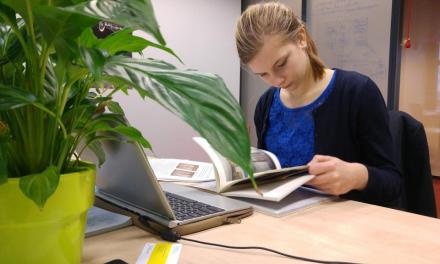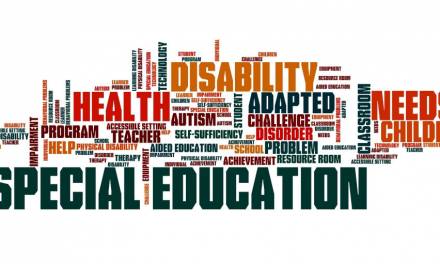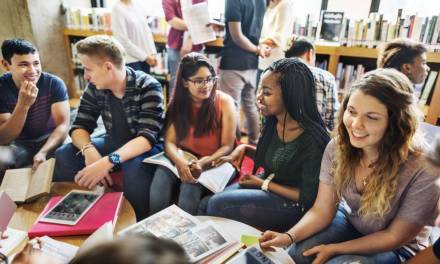Primary education fulfils the needs of students during the first few years of school life.
It aims to ensure the development of children – in order to develop their social, cognitive, cultural, emotional and physical skills to the best of their abilities.
Primary education improves children’s awareness, opens opportunities and reduces inter-generational poverty. Ultimately access to higher standards of education has more of an impact on academic progress than other factors, including social/economic family background and gender.
This blog post explains why primary education is important.
What is primary education?
Primary education is the first stage of compulsory education and generally covers the first six or seven years of school life.
Although primary education is compulsory, it is possible for parents to provide this at home.
According to Locus Assignments:
Primary education is the incubator for the next generation of leaders, thinkers and innovators. The challenge for primary school educators is to prepare young minds and using that knowledge to develop instructional strategies to keep students involved in curriculum materials.
Primary school educators are responsible to deliver standardised learning to meet established standards of education. For primary education providers, it is very easy to see the learners as unique individuals. Early education is the time to find out a caring and supportive atmosphere that champions individuality while introducing the values of coordination to reach both individual and group goals.
Primary education measured as the base for the future intellectual developments. The subjects of humanities are introduced in the program of study with the aim of making the child familiar with the human world. Moral education is also bringing together as an important part of the curriculum with the purpose of develops more sentiment and positive outlook in the early phase of a child. Getting primary education provides a meticulous boost to a child.
What are the objectives of primary education?
The main objective is to make children think analytically; to achieve high living standards; to face challenges posed by technology; and advancement of citizenship and basic values.
It provides an opportunity for students to make friends and develop communication skills.
The future of a child is totally dependent on the primary education. It can positively boost your child’s self-confidence and offer the skills they need to achieve success in their lives.
Children who do not receive the basic education throughout their early years, including counting, alphabet, colours and shapes are going to fall behind other children who possess this basic knowledge.
What are the benefits of primary education?
It has several benefits for child development, including:
- Supports social and emotional development
- Teaches independence and confidence
- Improves reading and communication skills
How is social and emotional development supported?
Working and learning with other children helps to develop a sense of respect for others, learning the difference between right and wrong, how to play with cooperation, the importance of sharing, solving disputes, following instructions and voicing opinions.
These are critical skills for children to utilise all the way through their lives.
How does it teach independence and confidence?
Children who attend early years school that give a positive and nurturing environment are more stable than those who do not.
Early education offers a safe, happy and healthy environment where children can obtain a sense of self and explore new things which teach them about themselves.
How does it improve reading and communication skills?
Communication and reading skills are directly associated with primary school learning.
An absence of education can lead to illiteracy and various other negative effects which will harm their development and potential long-term. Children who get an education become more productive and skilled than those who don’t get a fundamental education.
How EDArcade can help with children’s education
EDArcade is a virtual gaming world designed for primary school learners.
It features a range of learning tools perfect for pupils, including:
- E-safety concepts
- English and maths quizzes
- Makaton resources
- Science contests
- PSHE lessons
- Maths and English games
- Language presentations
It is designed around the national curriculum to support the educational needs of children aged 4 to 13 and SEN students of all ages.
Our library features +120 educational gams, short animated PSHE videos and our virtual world, EDVille.
For more information click here or call 01909 776906.









